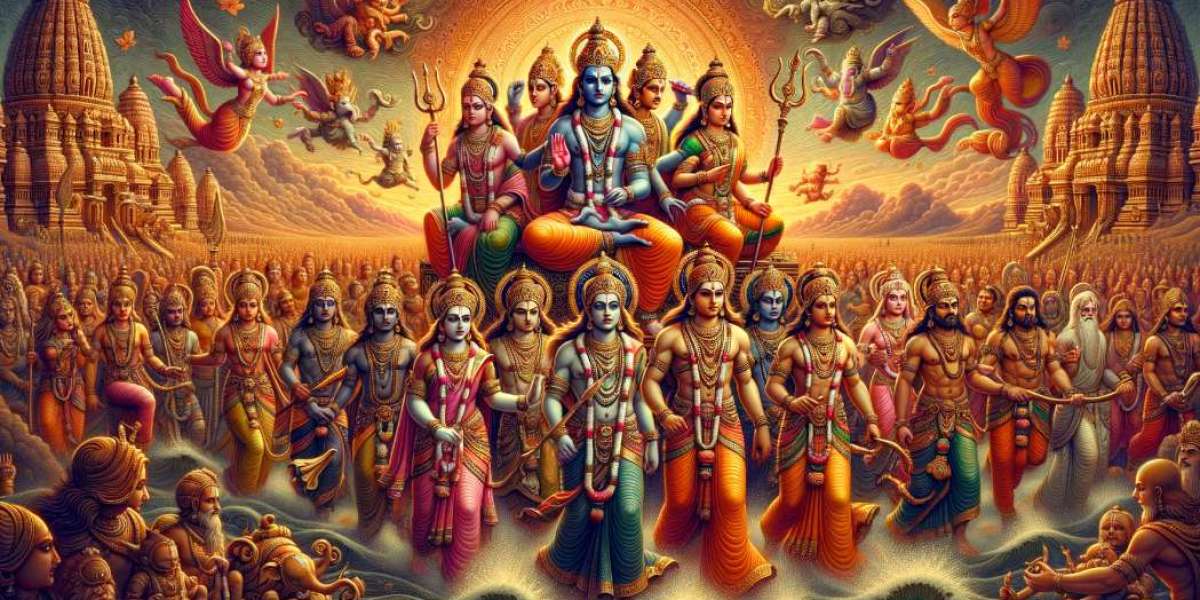Sanatan, derived from the Sanskrit word meaning "eternal" or "ageless," is a concept that embodies the idea of an unchanging, timeless, and universal truth or law that governs the cosmos and human existence. In the context of Sanatan Dharma, it refers to the eternal spiritual and moral principles that guide human life and the universe. Sanatan Dharma, often associated with Hinduism, is believed to be a universal set of values, not bound by time, geography, or specific historical contexts. It encompasses ethical and spiritual teachings that promote harmony, righteousness (dharma), self-realization, and devotion to the Divine, encouraging individuals to lead a life of virtue, compassion, and wisdom. The principles of Sanatan Dharma are considered inherent to the very nature of existence. These principles consist of ideas that include oneness of all life, the law of karma, ahimsa (non-violence), truthfulness, and pursuit of moksha - liberation from birth and death cycle. While it is often closely tied to Hindu philosophy, Sanatan Dharma is not confined to any particular sect or tradition; rather, it represents a broader spiritual path that emphasizes living in accordance with natural laws and aligning oneself with higher, divine principles. Sanatan, as a guiding force, thus transcends religious and cultural boundaries, offering a path of spiritual growth, inner peace, and connection to the divine that is accessible to all of humanity across all time periods.
探す
人気の投稿

